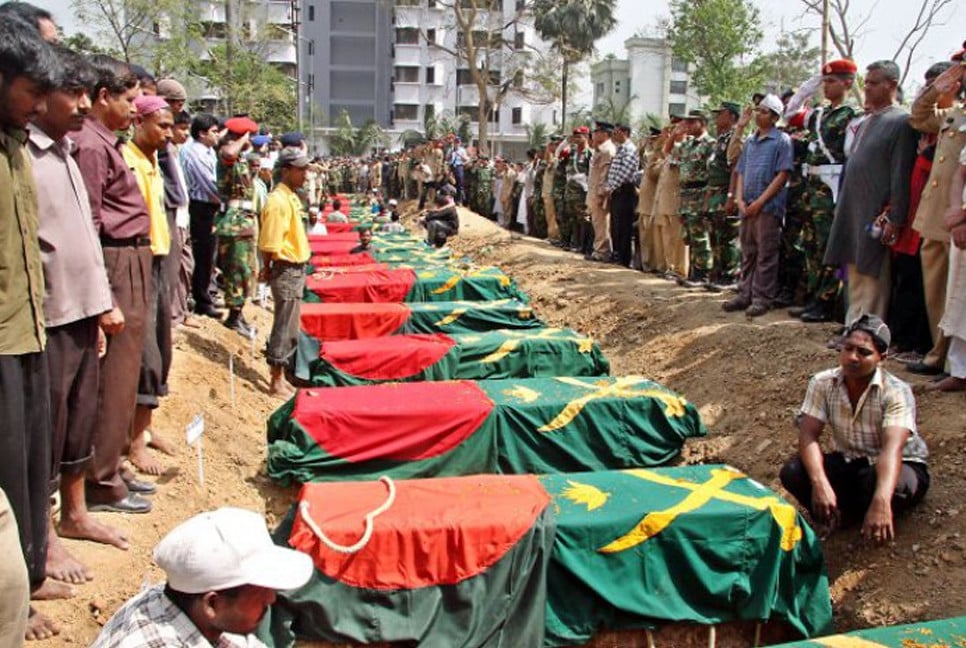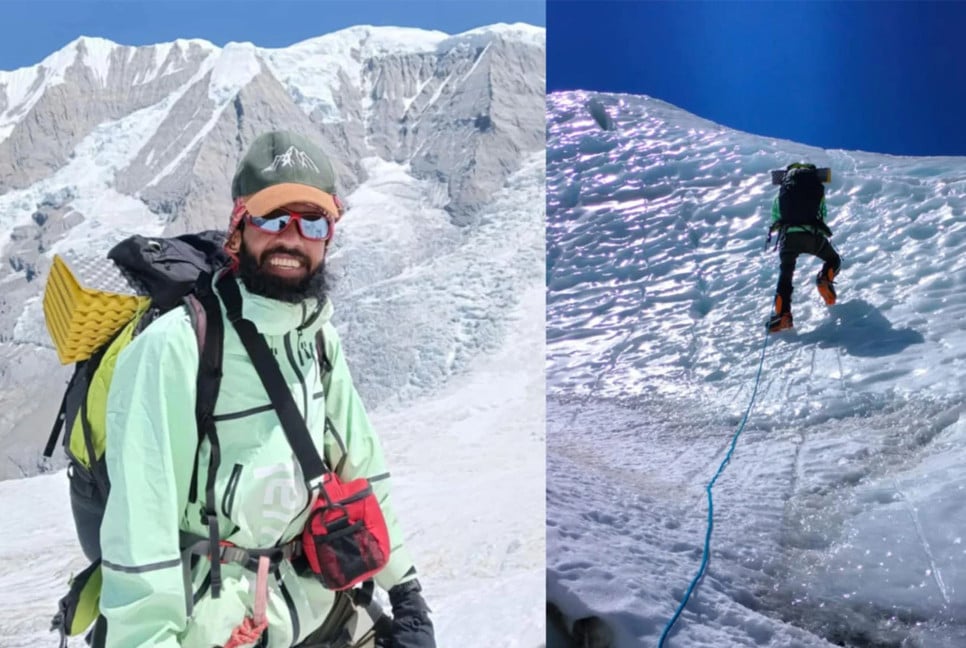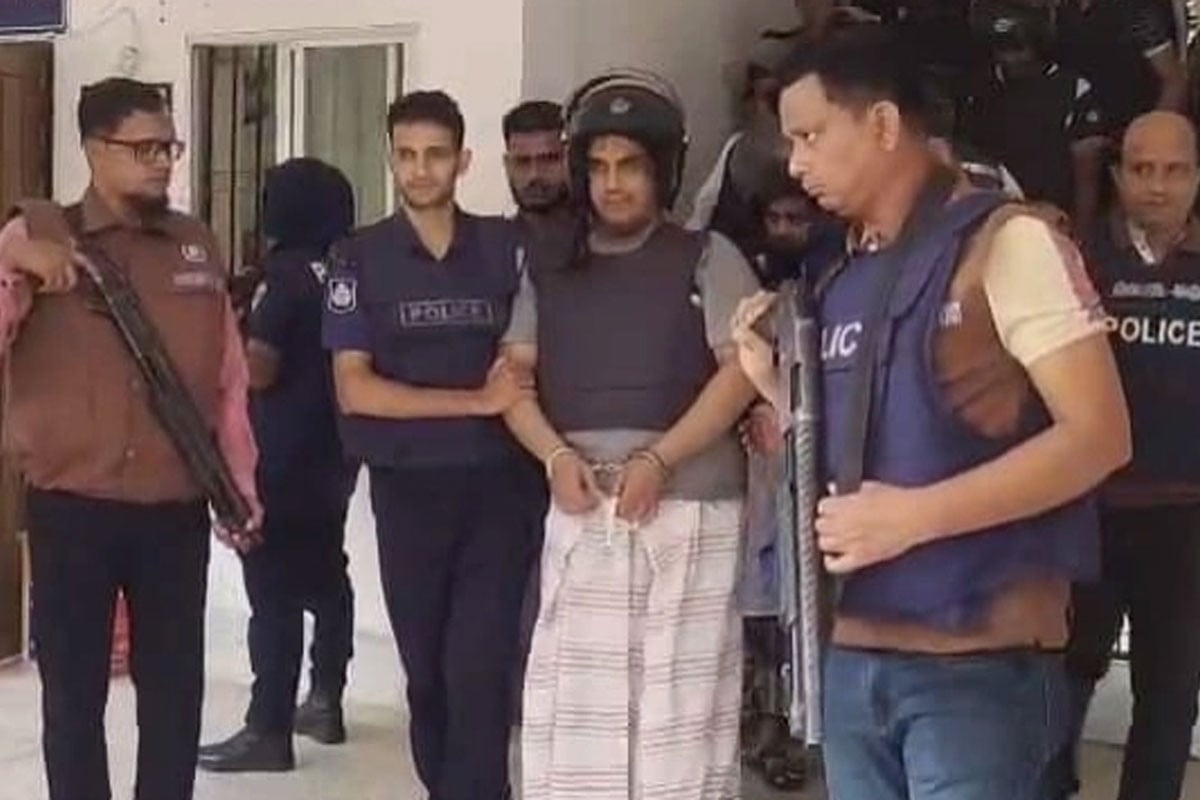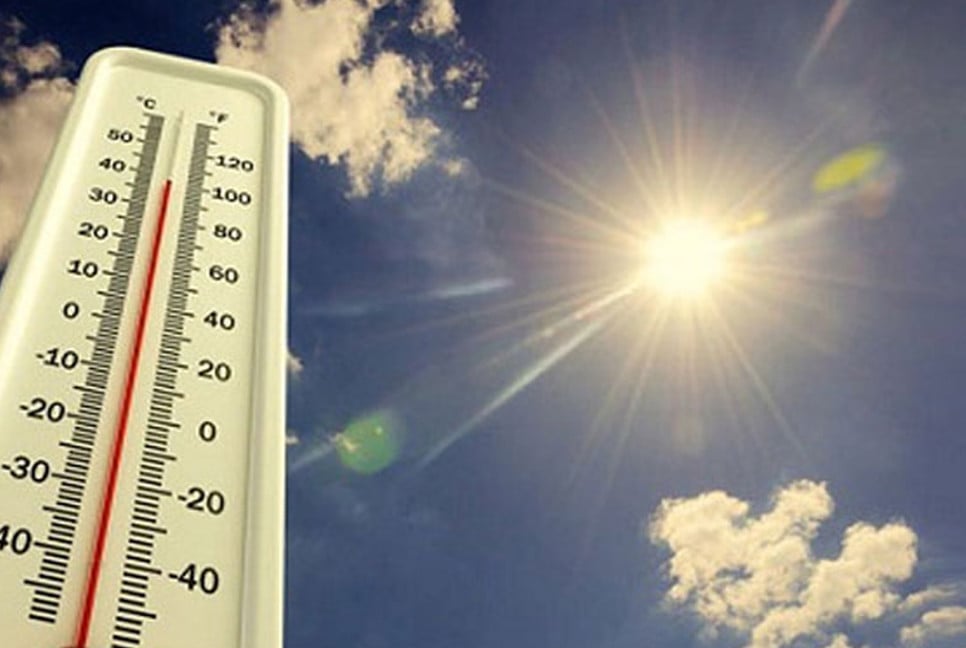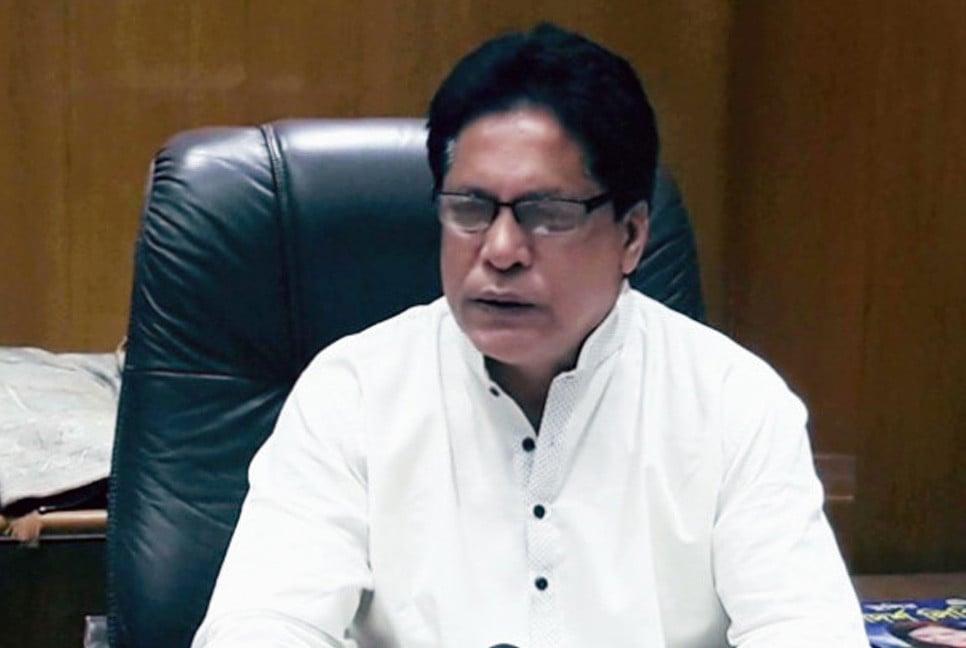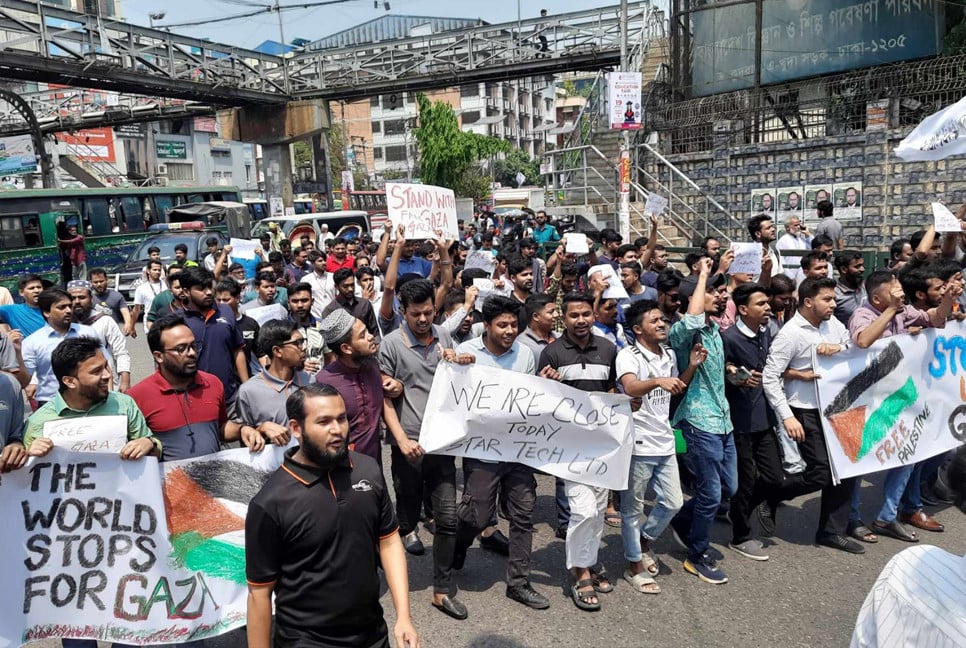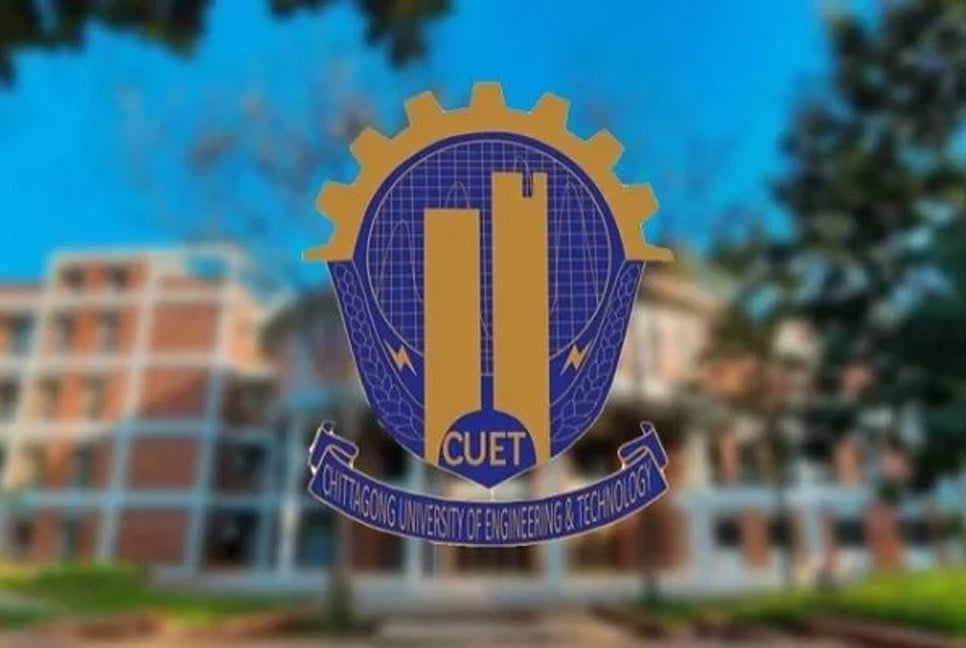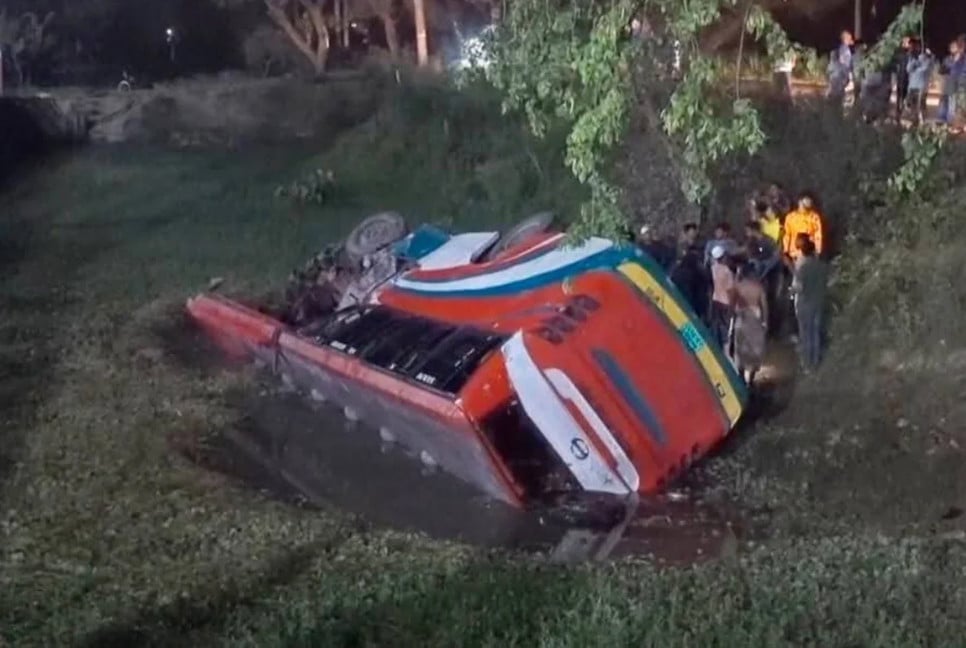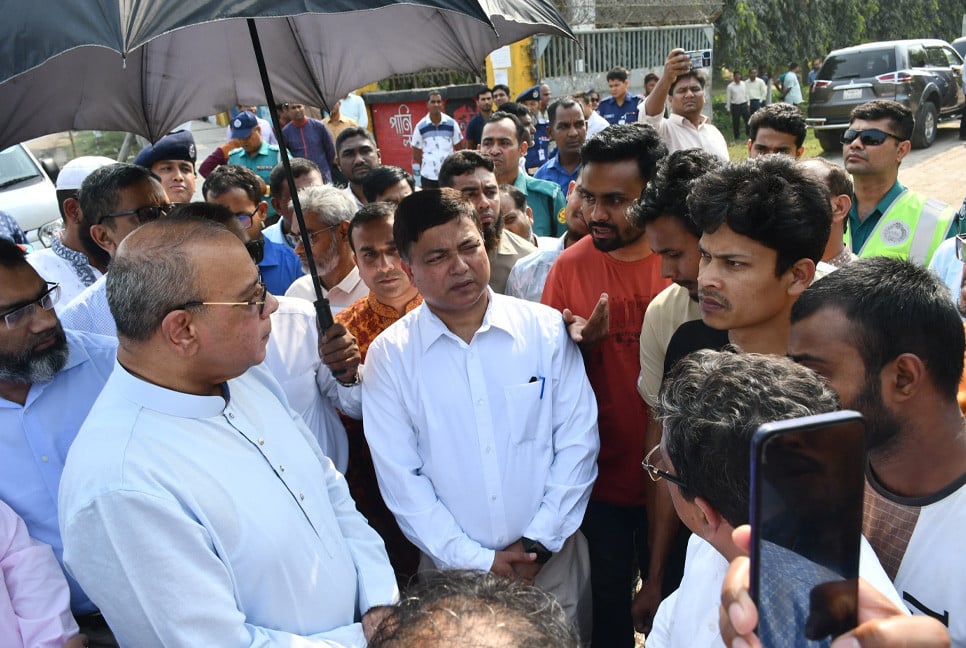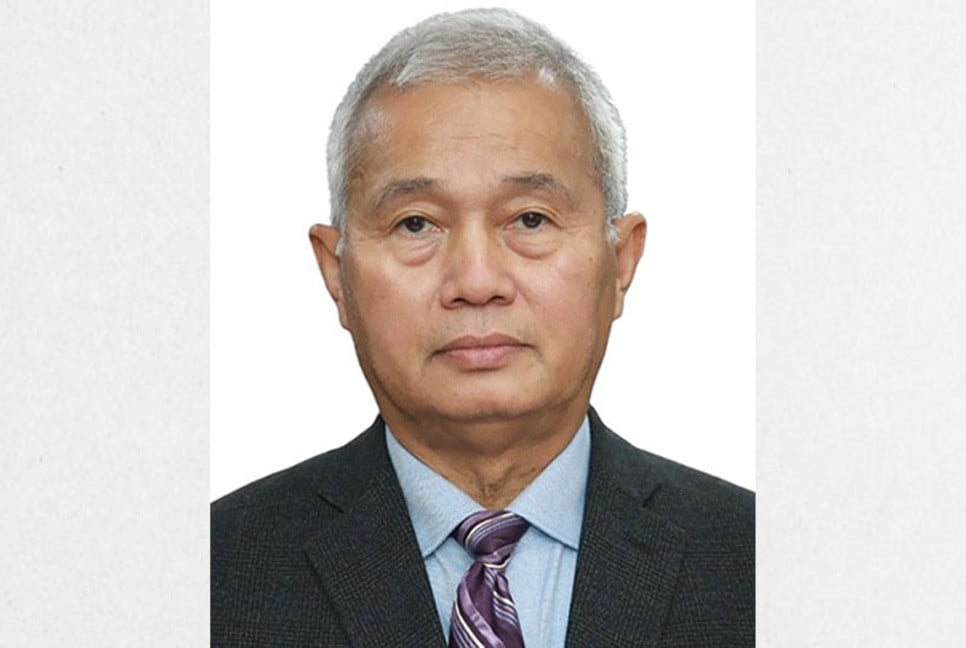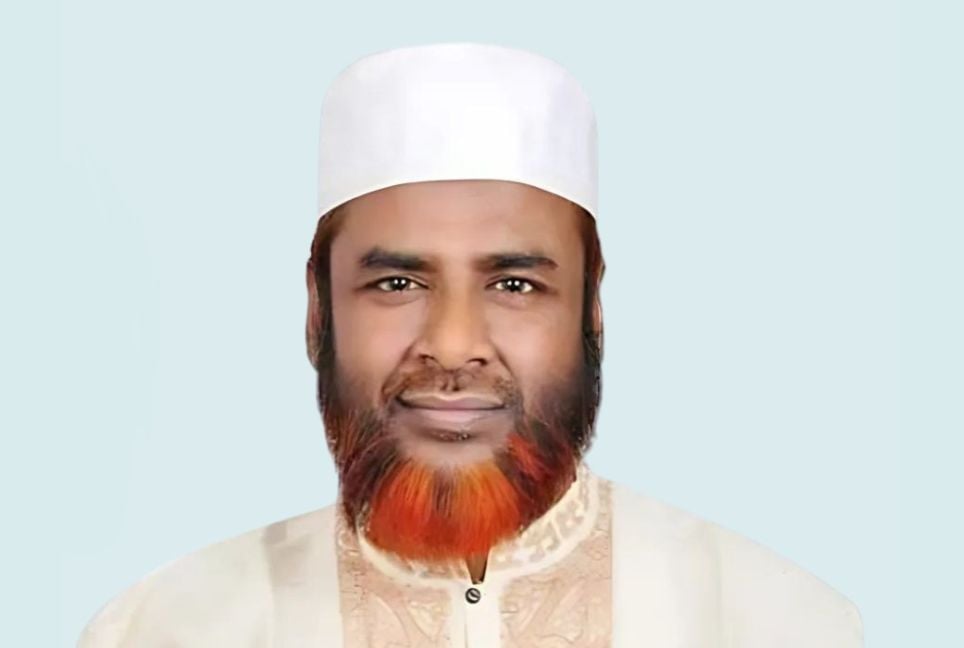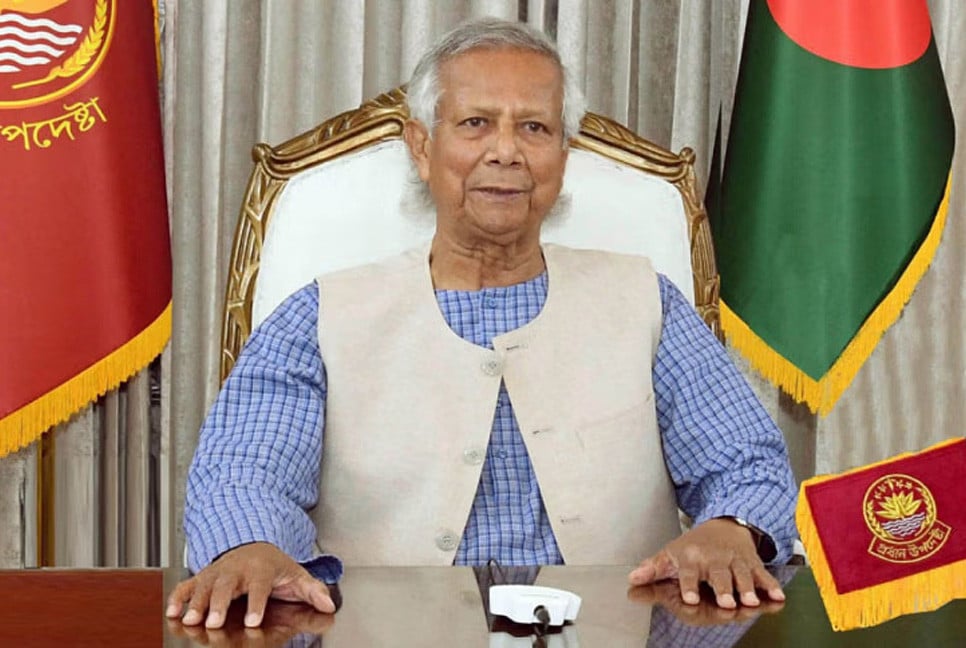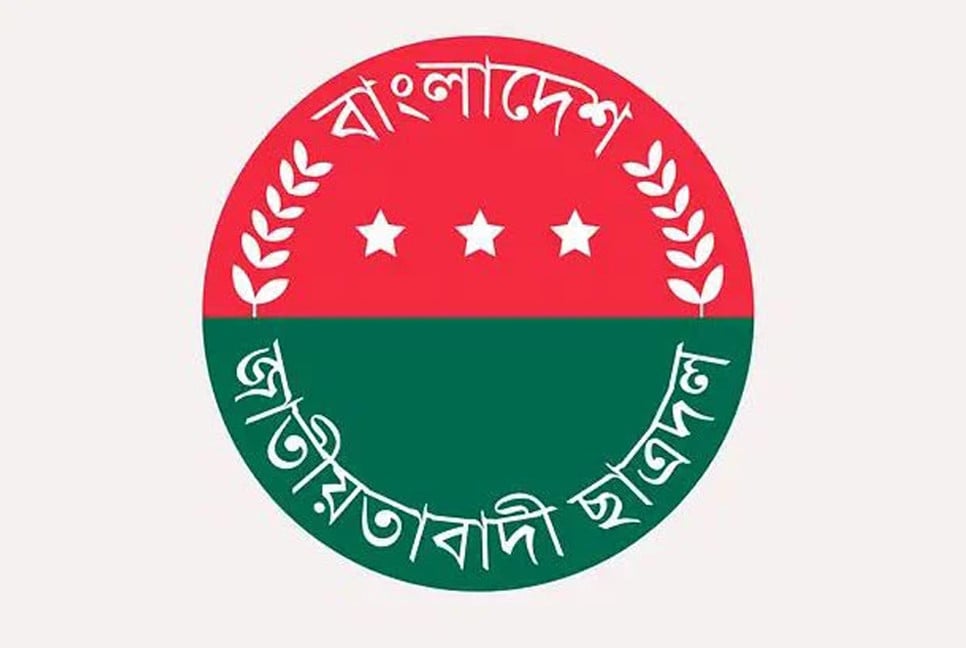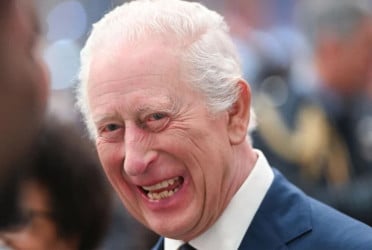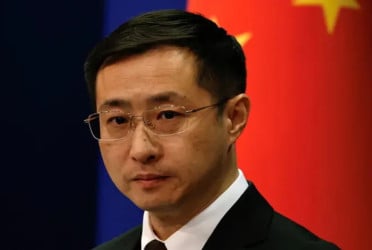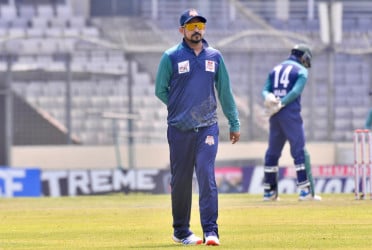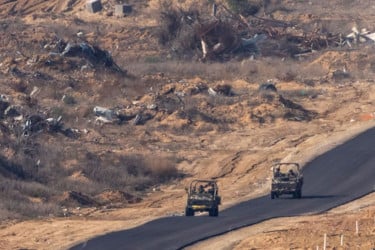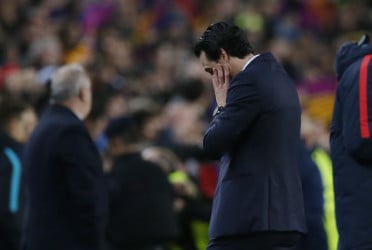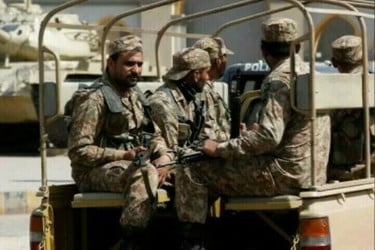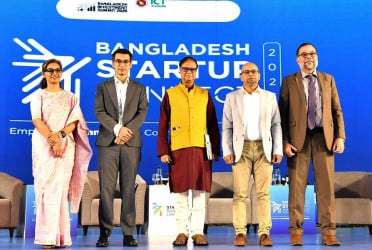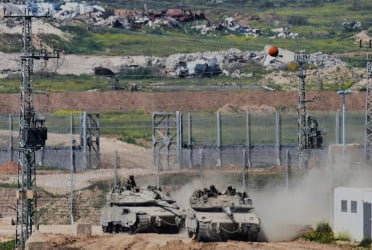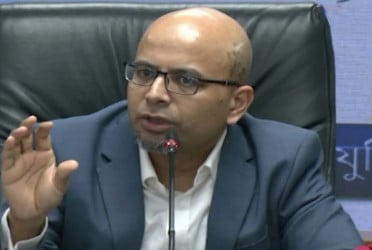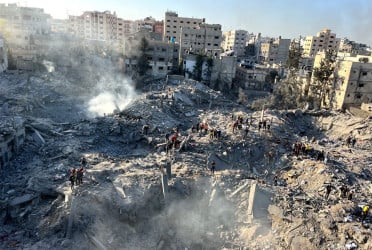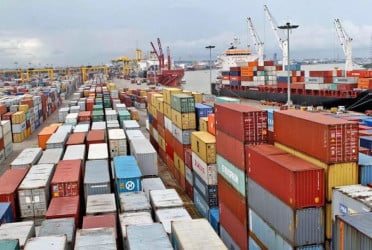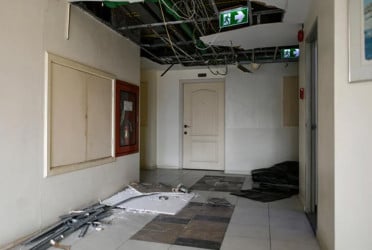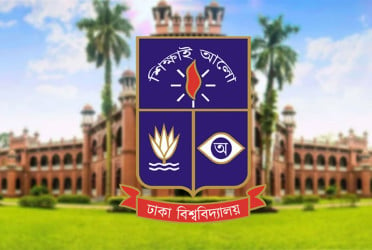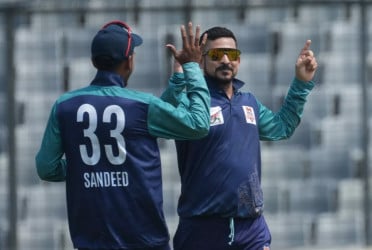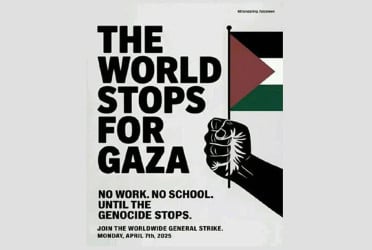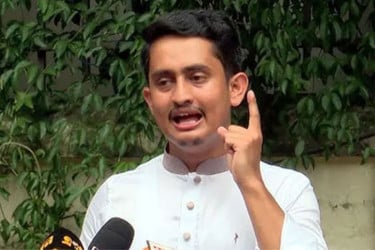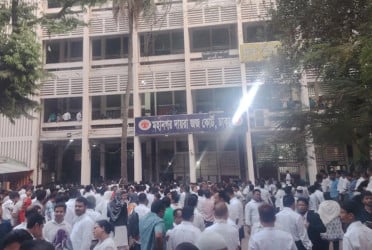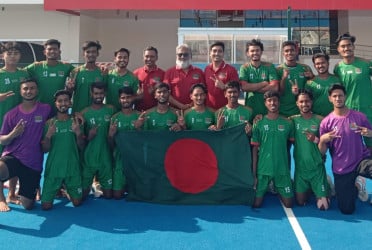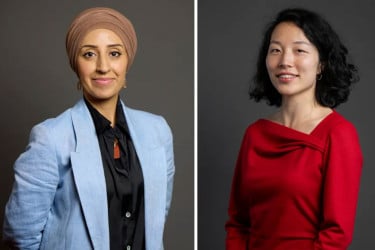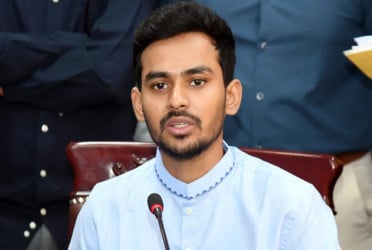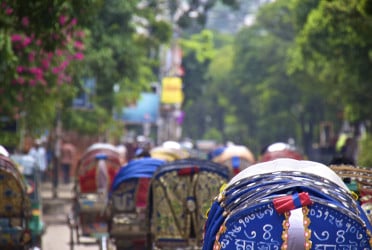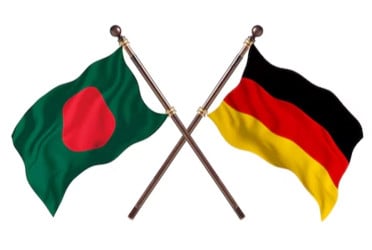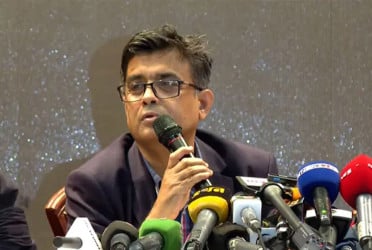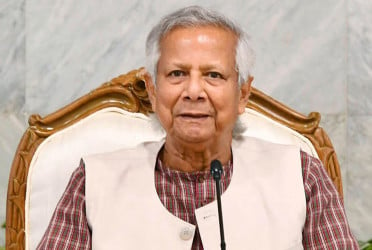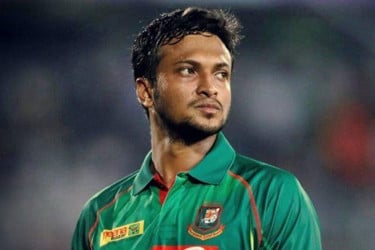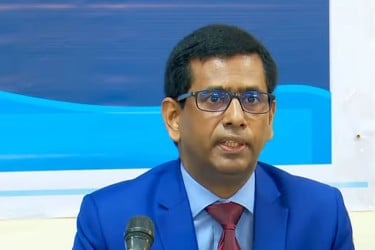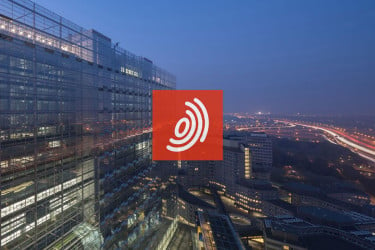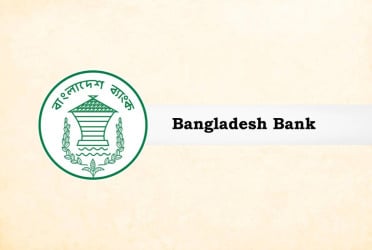The independent investigation commission established to reinvestigate the 2009 BDR massacre aims to question ousted prime minister Sheikh Hasina, who fled to India on August 5 last year during the July Uprising.
At a meeting with the families of the BDR (now BGB) massacre victims at Retired Armed Forces Officers’ Welfare Association (RAOWA) Club in Dhaka’s Mohakhali on Monday, the commission’s chief, Major General (retd) ALM Fazlur Rahman, stated their intention to seek Hasina’s testimony.
“We intend to question those suspected of involvement in the massacre. Sheikh Hasina is currently in India. Through the Ministry of Foreign Affairs or the Indian High Commission in Bangladesh, we will attempt to bring her back. If that is not possible, we will seek to interview her in India,” he said.
Acknowledging the challenges posed by the passage of time, Fazlur Rahman said that much evidence had been lost. However, he assured the public of a thorough and transparent investigation, emphasising that the commission plans to conclude its inquiry within the designated three months.
The investigation will include both domestic and international components, with a focus on reviewing previous inquiry reports.
“We will analyse the earlier reports to identify flaws and see whether they aimed to shield any individuals or nations,” he added.
During the meeting, some retired army officers and survivors of the massacre alleged involvement by the Research and Analysis Wing (RAW), and Sheikh Hasina. Rahman urged them to provide concrete evidence to substantiate these claims.
“I do not believe this was a simple BDR mutiny or a movement for demands. It was a deliberate act to weaken the BDR, the army and the nation,” Rahman said.
He recalled his tenure as commander during the Padua/Pyrdiwah conflict between the BDR and India’s Border Security Force (BSF), where Bangladesh emerged victorious.
“For defeating India, I was removed as the BDR director-general under the Awami League government, and the subsequent administration dismissed me from service. No one will be exempt from this investigation,” he said.
The commission also plans to revisit findings from the two prior investigations into the massacre to identify potential gaps or biases.
The meeting, chaired by RAOWA President Colonel (retd) Mohammad Abdul Hoque, included family members of the victims, members of the commission and journalists.
Bd-Pratidin English/ARK

